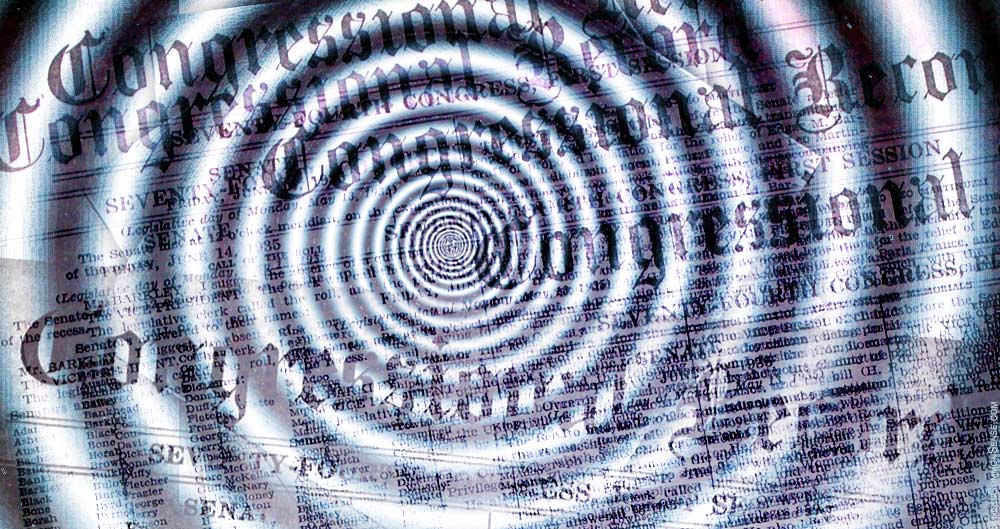Ninety-three-year-old Robert Mugabe has ruled Zimbabwe with phony elections and brutal repression for the last 30 years. Conversely, only one president in U.S. history has served more than two four-year terms, and after that single exception a constitutional amendment was enacted, limiting the terms of future presidents to the traditional two terms.*
Americans are better for the limited tenures; Zimbabweans worse for the longevity.
Recently, Illinois was declared the most dysfunctional state in the union. Illinois also boasts the nation’s longest-serving — and by far the most powerful — Speaker of the House, Michael Madigan. What irony that incumbency should wreck the Land of Lincoln, when favorite son, Honest Abe, represented his Illinois district in Congress for only a single term and then stepped down as was the custom for the local party.
In bankrupt Harrisburg, Pennsylvania, former Mayor Stephen Reed held power for 28 years (nearly as long as Mugabe and Madigan) during which time he managed to plunge the city into insolvency.
After leaving office, Reed also pled guilty to 20 counts of theft from the city. But was mysteriously sentenced to merely two years of probation.
“There’s no question that the city of Harrisburg was traumatized by power being concentrated in one individual for an enormously long period of time,” current Mayor Eric Papenfuse acknowledged. “I don’t think anyone wants to see that again.”
The Harrisburg City Council hasn’t taken any action yet, but there appears to be ample support for term limits across the board, including from council members.
Understanding the correlation between long-serving politicians and long-suffering constituents is the keystone to critical reform.
This is Common Sense. I’m Paul Jacob.
* Technically, a president could serve up to ten years, as the 22nd Amendment prohibits a person from being elected president more than twice or if the person has “held the office of President, or acted as President, for more than two years of a term to which some other person was elected President . . . more than once.”











